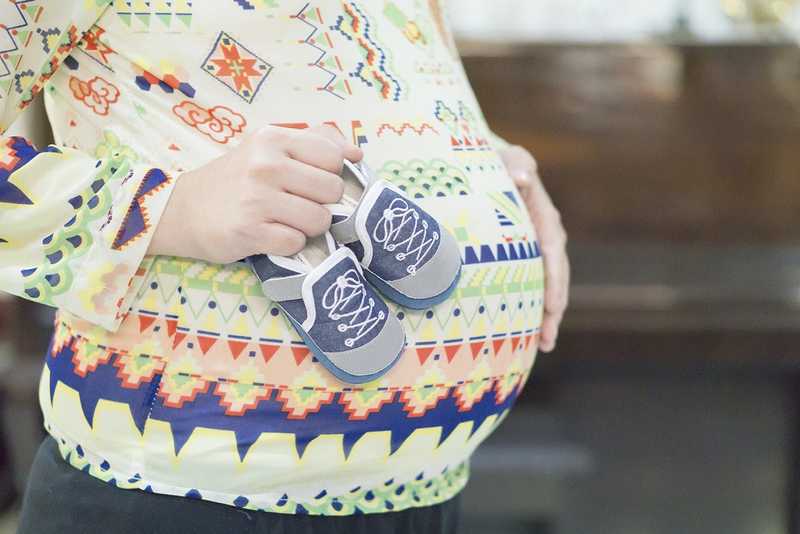When it comes to having a baby, moms want to do everything right. Pregnancy causes women to think more about their diets, their daily exercise levels, their hydration and their sleep patterns, but what about moms who used cannabis before they became pregnant? The subject of cannabis and pregnancy is a touchy topic that has given way to an ongoing debate. As it stands now, there are two very different schools of thought on the matter.
Cannabis Use During Pregnancy May Affect Fetal Brain Development
During pregnancy, a fetus is highly susceptible to the nutrients or compounds that enter a mother's body. There is evidence to suggest that a pregnant woman's diet affects her baby's future tastes and that environmental toxins can affect or delay the overall development of the fetus. It stands to reason, then, that cannabis use during pregnancy may also affect fetal development. As it turns out, individuals who believe this are indeed correct: cannabis use during pregnancy does seem to hinder the development of the fetal brain.
A recent study that was prominently published in the well-known EMBO Journal discovered that active compounds in THC actually change the way nerve cells in the fetal brain interact with one another. Specifically, the study found that the presence of THC in the fetal brain affected 35 different proteins and inhibited certain neuroreceptors. Although the long-term affects of these changes are still unknown, most researchers believe that the presence of THC in the fetal brain may eventually lead to neuropsychiatric illness and increased brain stress.
Cannabis Use During Pregnancy May Not Affect Fetal Brain Development
With the previous results in mind, it's time to flip the table. According to a 1980s study conducted on Jamacian newborns, babies that are exposed to THC in utero showed no cognitive difference at one day postpartum than babies that had not been exposed to THC. In order to make the aforementioned study as well-rounded and extensive as possible, researchers measured alertness, motor skills, irritability levels, and orientation in both sets of babies and found no difference.
Additionally, the researchers followed up with both sets of babies at one month postpartum and found that the babies who had been exposed to THC in utero were actually performing on a higher level in physiological stability tests than their unexposed counterparts. What's more, the exposed babies were more alert, displayed lower levels of irritability and were ranked as being more enjoyable to work with by researchers.
Cannabis and Pregnancy: the Verdict
As evidenced by these two blatantly contradictory studies, it's clear that more research needs to be conducted on the subject of cannabis and pregnancy. Due to the somewhat controversial nature of the topic, researchers are often hesitant to undertake studies that address cannabis use in pregnant women. The fact remains, however, that medical marijuana is becoming a popular treatment option for a variety of diseases and conditions; and, although it is gaining mainstream notoriety right now, it's actually been in use for thousands of years.
With any luck, the future will bring plenty of well-researched studies that provide solid answers regarding the topic of whether it is safe to use cannabis during pregnancy. For now, it's important for mothers to consult with their doctors and use their own best judgment.
